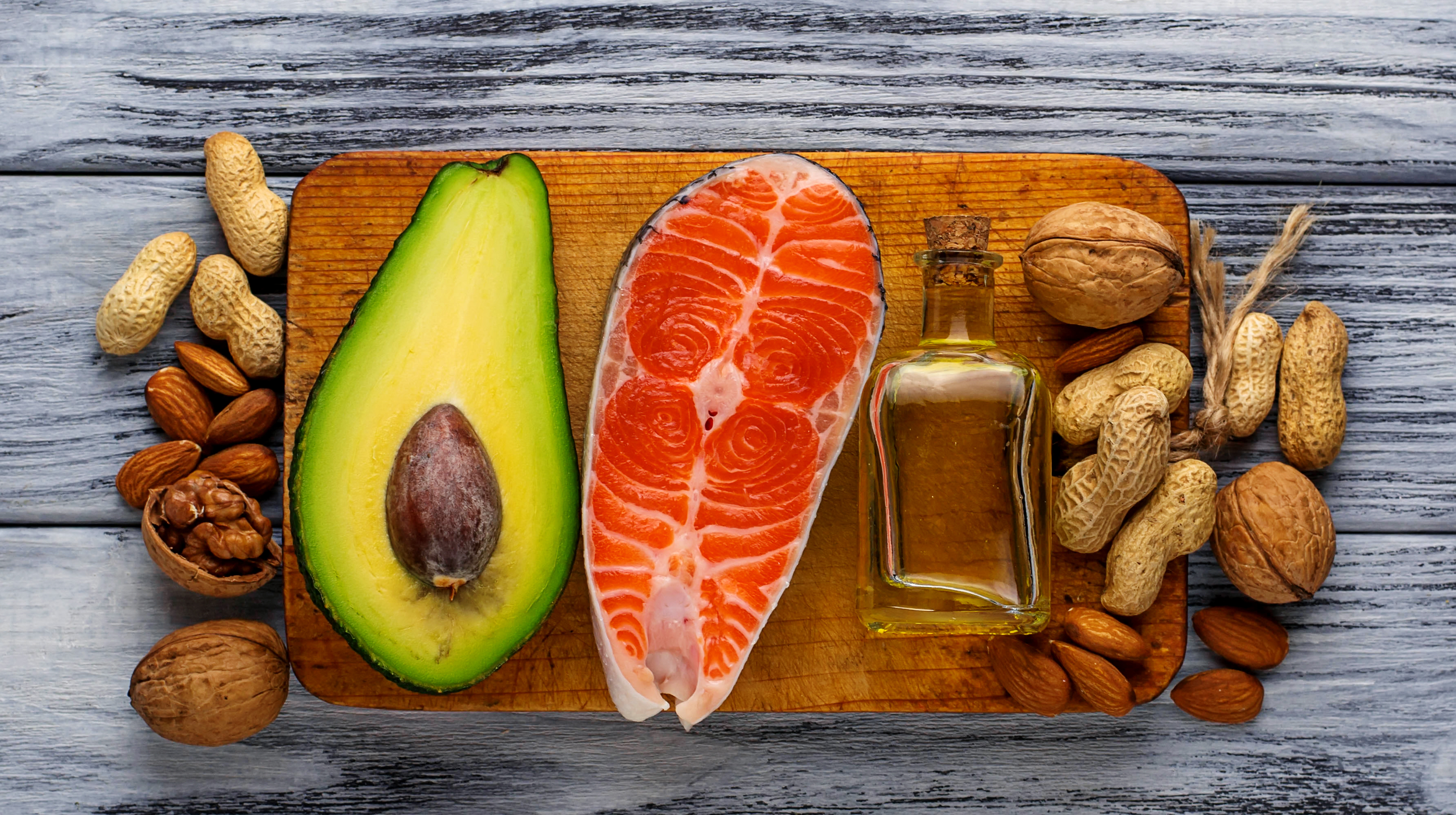What are Fats?
May 1, 2020 mindpumpIf you were ever told by a nutritionist or fitness “influencer” to stay away from fats to lose weight, block them right now. You don’t need that negativity in your life. Fats are extremely important for your overall health, especially weight loss. But, here’s why some would say such a thing…
In the 80s, eating fat-free foods became the new trend. Doctors, parents and coaches swore that staying away from fat led to weight loss. Again, we know that this information could not be further from the truth. Eating fat is not the enemy. BUT, the reason people believed staying away from fat helped you lose weight was because fats are naturally high in calories. So, should you avoid fats? No. Should you eat them in appropriate amounts? Perhaps, if your goal is weight loss. If not, enjoy the extra peanut butter in your shake or a drizzle of olive oil on your bread.
What are fats?
Fats are the primary way our bodies store energy. They are made up of a molecule composed of glycerol and fatty acids. There are three types of fats: unsaturated, saturated and trans. I’m sure you’ve heard these terms before but if you haven’t, the next time you’re at the grocery store grab an item like a cereal box and look at the nutrition facts label. On that label you can find the saturated and trans fat information. But, not all fats are deemed as “good,” so it is helpful to learn which fats to eat or stay away from.
The science behind the three different fats can be challenging to understand, but the most important thing is recognizing what foods you can find these fats in. This knowledge will help you become more aware of your food choices and daily eating habits. Unsaturated fats are found in foods like fish and olives. This type of fat keeps our hearts healthy. Saturated fats are found in meat and dairy products like cheese. These fats can help increase the “good” cholesterol, also known as HDL (High Density Lipoprotein), in our bodies. You have probably been told by a doctor that saturated fats increase your risk of heart disease. Studies show there is no direct correlation between the risk of heart disease and how many saturated fats a person consumes. Lastly, trans fats are found in processed snacks from a store, such as cookies. Eating saturated fats in moderation can have nutritional benefits, but there are no known benefits to eating trans fats. Consuming trans fats can raise cholesterol levels and increase risk of heart disease. But don’t worry, if you focus on eating high quality fats from real foods, you’ll naturally stay away from trans-fats or what we call, “bad” fats.
Why do we need fat?
There are several reasons we need fats in our diet and why we should not be avoiding them. Similar to protein, there is an essential amount of fat we need to eat, and we can only get those necessary fatty acids through foods. Fats are commonly grouped into one big category, but as you just read there are “good” and “bad” fats. Good fats are foods high in omega-3s, while bad fats are high in omega-6s. When you eat fats full of omega-3s you will produce hormones that help cool your body off and lower inflammation.
Good fats also help:
- fuel the body
- absorb vitamins
- build cell membranes
- store energy
- keep us fuller for longer
- produce hormones
- Where do we find fat?
Fats are the macronutrient that allow us to feel full because they slow down our digestion process after eating a meal. When we eat good quality fats, it satiates our hunger and gives us energy. If you want to track your macros it is essential to know that per every 1 gram of fat, there are 9 calories. If you are looking to incorporate more fats into your diet, you’re probably wondering where you can find these “good” fats.
can get high quality fats in foods such as:
- Fish
- Avocados
- Oils: olive oil and coconut oil
- Nuts
- Cheese
- Chia seeds
To sum it up:
- Fats are a huge source of energy for our bodies
- 1 gram of fat is equivalent to 9 calories
- Eating high quality fats protects us from risk of heart disease and promotes brain health
- Focus on eating foods rich in omega-3s and you’ll naturally consume good quality fats







